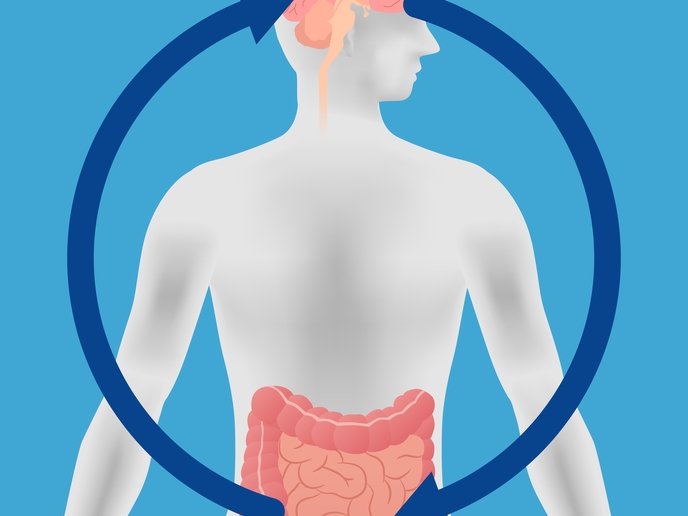The gut-brain connection: How does intestinal health affect neurologic function?
After decades of research, the causes or origins of neurodegenerative disorders such as Alzheimer’s or Parkinson’s disease are still mostly unknown. Research involving the connection between microorganisms in the human gut and the brain, referred to as microbiota-gut-brain axis, has intensified in recent years. This axis has been attracting particular attention in fields focusing on the biological and physiological basis of psychiatric, neurodevelopmental, age-related and neurodegenerative disorders. Although there’s a huge amount of data analysing the impact of microbiota on brain functionality, the role of microbiota in neurodegeneration isn’t easily explained. Enter the EU-funded MINERVA project that aims to develop a technological platform to investigate the relation between the intestinal microflora and brain functionality in healthy and pathological conditions. The project website refers to “the lack of a comprehensive model of the microbiota-gut-brain axis able to bridge current in vivo model complexity with the in vitro tools simplicity.” It adds: “In MINERVA this gap will be targeted using an INNOVATIVE bioengineered APPROACH, exploring in a completely NEW way the relation between neurodegeneration and human intestinal microflora.”
New labs
Two new laboratories (TechnoBiology labs) of MINERVA project host and beneficiary Polytechnic University of Milan have recently been introduced to the scientific community. A ‘EurekAlert!’ news release states: “The main purpose of the TechnoBiology labs is the realization of forefront technological devices and cellular models for the study of biochemical mechanisms that involve multiple organs and biological systems of our body, both in physiological and pathological conditions.” According to the same news release, the laboratories will facilitate the cooperation between engineers and researchers in life sciences “for the development of organ-on-a-chip devices capable of hosting advanced in vitro models based on cells (Laboratory MINERVA) and bacteria (ATHENA Laboratory) grown both in 2D or 3D.” Quoted in the news release, Prof. Carmen Giordano, principal investigator of the MINERVA project, says: “In our vision, this new experimental unit will become a virtuous example of an interdisciplinary working area where engineers, biologists, biotechnologists and clinicians operate together to tackle new, complex technological and scientific challenges.” A recent article in the journal ‘Trends in Molecular Medicine’ explains the concept of organ-on-a-chip. “The new frontier of bioengineering research uses microfluidic systems, called ‘organs-on-a-chip’, that combine lab-on-a-chip technology with 3D organotypic culture. Organs-on-a-chip are miniaturized bioreactors of millimetric dimensions, with continuous perfusion of the culture medium.” According to the same article, in addition to mimicking functional aspects of physiopathological states in tissues and organs, these systems “also help to evaluate the effects of therapeutic agents, lowering costs, and improving throughput compared with animal models, with the advantage of reduced ethical concerns.”
Engineered models
The ongoing MINERVA (MIcrobiota-Gut-BraiN EngineeRed platform to eVAluate intestinal microflora impact on brain functionality) project is scheduled to end in 2022. As noted in a periodic report on CORDIS, MINERVA “is expected to deliver: 1) the first engineered, validated platform representing the microbiota-gut-brain axis; 2) three new engineered in vitro models of microbiota, gut and brain 3) two new 3D brain cell models and 4) new insights to clarify microbiota-neurodegeneration biochemical mechanism.” With the vision of MINERVA, the scientists involved with the project hope that neurodegenerative disorders will benefit from novel, cost-efficient, low-invasive preventative and therapeutic strategies based on microbiota management. For more information, please see: MINERVA project website
Countries
Italy

